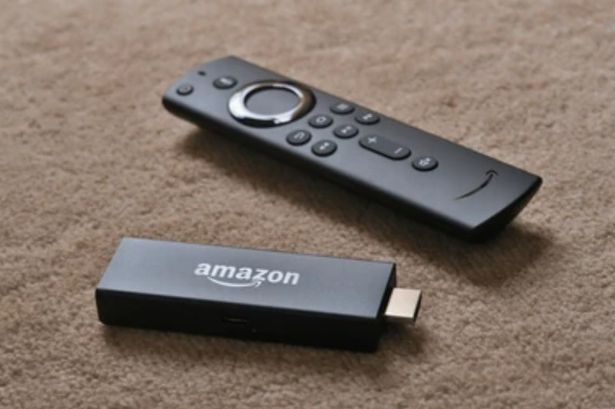The Dutch government has taken significant action by acquiring control over Nexperia, a semiconductor company previously owned by a Chinese entity. This move, made using powers reminiscent of the Cold War, highlights the growing geopolitical tensions surrounding the global semiconductor industry, which is vital for numerous technologies and economies.
The decision, finalized in September 2023, comes as Europe and the United States ramp up efforts to secure their semiconductor supply chains. The Dutch Minister of Economic Affairs and Climate Policy, Mikael van der Laan, stated that the acquisition is crucial for national security and ensuring the resilience of the semiconductor sector. This reflects a broader trend where governments are increasingly scrutinizing foreign investments in critical industries.
Nexperia, originally a subsidiary of the Chinese firm Wingtech Technology, has been a key player in the semiconductor market, specializing in power semiconductors and discrete devices. The acquisition signifies a more assertive stance by European nations in protecting their technological assets against perceived threats from foreign ownership, particularly from China.
Impact on the Semiconductor Landscape
The semiconductor industry is undergoing a profound transformation as nations recognize its strategic importance. According to a report by Bloomberg, the global semiconductor market is expected to reach a value of approximately $1 trillion by 2030, driven by demand for advanced technologies such as artificial intelligence and 5G networks. This surge in demand has prompted governments to rethink their dependency on foreign suppliers.
The Dutch government’s intervention is not an isolated incident. Similar actions have been observed in the United States and other nations aiming to bolster domestic production. For instance, the U.S. CHIPS Act, enacted in 2022, allocates $52 billion to incentivize semiconductor manufacturing within the country. This legislative push underscores the urgency felt by governments to establish independent and secure supply chains.
The geopolitical implications of these maneuvers are significant. Analysts suggest that the growing caution towards Chinese investments in technology sectors could lead to a reconfiguration of global supply chains. As countries like the Netherlands assert control over their semiconductor industries, tensions could escalate, impacting international trade relations.
Future Prospects and Challenges
Looking ahead, the semiconductor industry faces both opportunities and challenges. While the Dutch acquisition of Nexperia aims to ensure national security, it also raises concerns about potential retaliation from China. Following the announcement, Chinese officials expressed their discontent, warning that such protective measures could harm international cooperation in technology.
Moreover, the industry grapples with ongoing supply chain disruptions exacerbated by the COVID-19 pandemic. Shortages of critical components have impacted various sectors, including automotive and consumer electronics. The recent actions by the Dutch government may help stabilize the market, but experts warn that a comprehensive strategy is needed to address vulnerabilities.
The Dutch government’s acquisition of Nexperia signals a pivotal moment in the semiconductor landscape, highlighting the intersection of technology and geopolitics. As nations prioritize their interests, the future of the global semiconductor industry remains uncertain. The unfolding dynamics will likely shape the industry for years to come, affecting not only production but also international relations.
In conclusion, the Dutch government’s decisive move reflects a broader recognition of the semiconductor industry’s strategic importance. As countries navigate this complex landscape, the implications for national security, economic stability, and international cooperation will be critical to monitor in the coming years.






